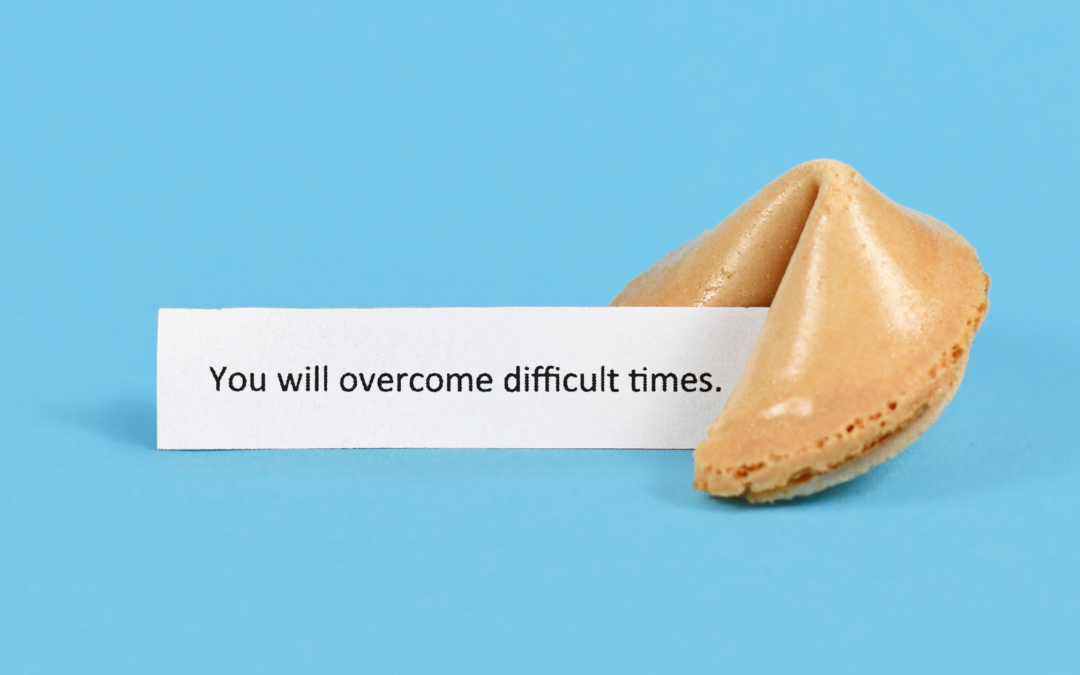Ethical behavior is about having personal integrity, meaning that you are always honest and true in doing business as well in your personal life. But some people have problems in defining ethical behavior and that can become a problem. People define ethics in a way that suits them most or is socially acceptable. For example: I often ask in my presentations, “How many people feel that voluntarily breaking the law is unethical?” Most everyone raises their hand. That is followed with this question: “How many of you have driven on the interstate highway in the past two weeks?” Most everyone raises their hand. Then the last question – which likely now you have guessed: “And, how many of you have voluntarily exceeded the speed limit by 5 to 10 miles per hour?”
Everyone raises their hand!
So, you feel that breaking the law is unethical yet you gladly do so. Confusing right?
In order to be ethical in business, you first need to demonstrate ethics in your everyday life activities and decisions, because if you don’t, how will you do it in your professional life. Don’t expect someone else to do it for you. Now does that mean don’t speed.
To be clear, that’s not the point. What is true is that honest people will make dishonest and unethical choices if they feel that it is socially acceptable. In other words, it’s okay if everybody does it.
What is Business Ethics?
Like we said, ethics is applied to business the same way it is applied to personal behavior. More specifically, business ethics applies to ethical behavior in a business environment. Ethical business must abide by laws and regulations, it must be operated honestly, the competition needs to be fair and the working environment has to be reasonable for its employees. Besides this, a partnership has to be created between customers, investors and vendors. So, the best interest of every stakeholder is to be taken into consideration and included in every decision. While there are differing theories of business ethics – as we can see today not all choices that benefit just one class are ultimately the right choice for a business. The choices Volkswagen made seemed to benefit its shareholders – at least in the short term – but in the long term they were choices that created a disaster!
How To Be Ethical In Business?
For a business to be ethical, the company needs to operate fairly and honestly. So, some of the characteristics must be: respecting and treating the employees, investors, customers and everyone else who has any role with the company fairly; having honest communication with every stakeholder both internally and externally; dealing with them with integrity; setting high standards for responsibility and ethical behavior; having clear communication about policies both internally and externally with stakeholders. In other words, the core values of the organization tend to always come through when it comes to long term decisions. It is safe to say that many people today are questioning Volkswagen’s core values. The same can also be said for a number of companies that have met with unexpected consequences from their choices – just ask the former folks at Enron.
Ethical Dilemmas You Can Encounter in Business.
In some cases, not all unethical behavior is illegal. Many times, companies can face ethical dilemmas that are not illegal and they have to carefully navigate through them. To see how this might look like – for example, if a travel agency wants new customers, they will put the price for a vacation in the Bahamas and the customers will choose whether this price suits them and they will book the trip, and this is ethical behavior. But, if that same agency states that they offer a free vacation to attract customers to book through them, and when they call, they find out that there is pricey booking fee – that is unethical. One example of unethical behaviors is not giving information. For instance, when you are buying a used car and you ask the salesperson about whether the car was involved in an accident and they say no, where in fact the car was in an accident – that is also unethical behavior.
Also, if you are bribing, or promising things that aren’t true, treating employees unfairly – that all is defined as unethical behavior in business. Your core values – the ethical moral compass of your organization – generally provides the guiding principles when it comes to the choices that are made at senior levels. I was working with a multi-national company – Fortune 50 company – that told me straight up that they were not doing business in China. When I pressed them as to why, they were clear…they didn’t pay bribes for work and since that was almost culture in China, they elected not to do business there.
Here their ethical culture was shining through.
How Can Good Business Ethics Affect Your Business?
Companies who are demonstrating ethical behavior and certain responsibilities are generating better results and that is why the impact of ethical behavior should never be underestimated. If you have good ethics in your company and incorporate them well, that will define your organization, from the CEO to the lowest-level employee, to behave responsibly. Ethics should be a part of every company’s strategy from planning to execution. You shouldn’t put too much pressure and set unrealistic goals, which can make employees feel extreme pressure and believe that there might be a chance that they can lose their jobs. They need to understand that business ethics is just like personal ethics, the right thing needs to be done where there is a difficult choice. So, put in simple words, ethics is learning what is right or wrong, and choosing to do the right thing, but when in business, that right thing is not always easy to do. The main aspect is to always discern right from wrong and good from evil.
So, always do the right thing, even when you find it extremely difficult and even if it will not be to your advantage.
What everybody ought to know about business ethics – what do you think?
Chuck Gallagher is a business leader, author, and speaker on the subject of ethics, choices and consequences. Featured for his unique perspective on ethics and ethical leadership, Chuck has appeared on CBS, NPR, and CNN and in the Wall Street Journal, Huffington Post and Business Week publications.
While his client base is typically businesses, Chuck finds great pleasure in working with schools to impact, influence and empower youth to make ethical choices.
Chuck can be reached at chuckgallagher.com



